
David Porfirio, Ph.D.
Assistant Professor
Computer Science Department
George Mason University
Director:
Autonomous Robot Interaction Laboratory
![]()
About Me
I am an Assistant Professor of Computer Science at George Mason University. My research intersects
At Mason, I direct the Autonomous Robot Interaction Laboratory. I am also a member of the Mason Autonomy and Robotics Center.
Prior to joining Mason, I was a computer scientist at the US Naval Research Laboratory (NRL), and prior to that, a postdoctoral research associate also at NRL. I received my Ph.D. from the University of Wisconsin-Madison in 2022, advised by Drs. Bilge Mutlu and Aws Albarghouthi.
You can find my CV here.
News
Projects
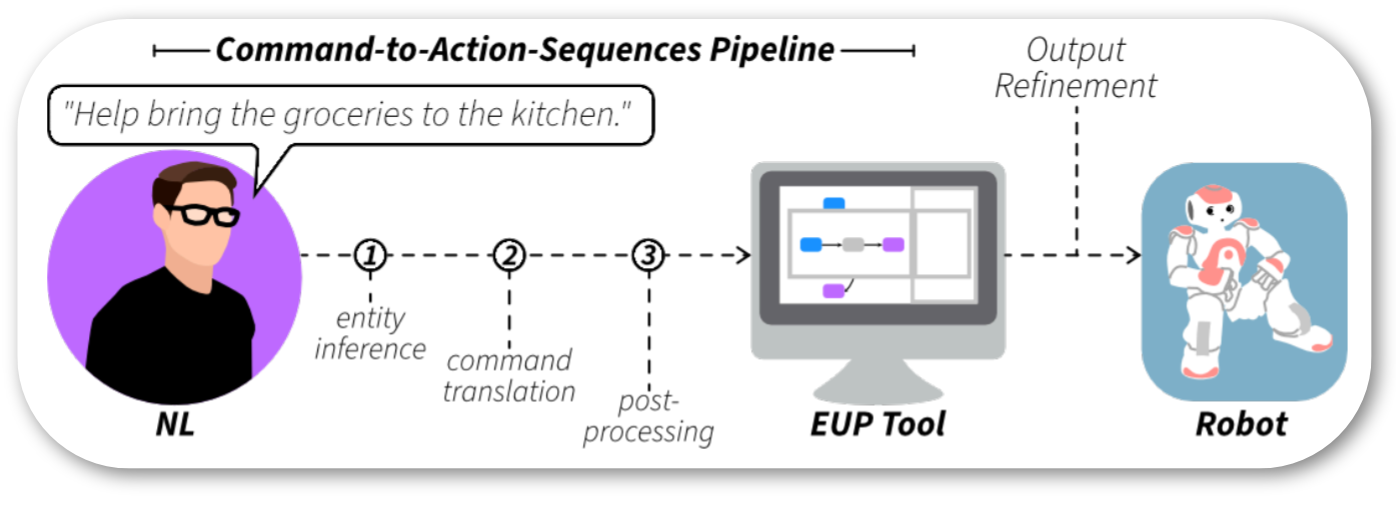
Human-Like LLM Planning
RO-MAN 2025
Evaluates the ability of four different LLMs to produce human-like plans.
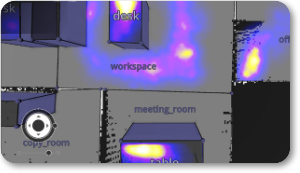
Uncertainty Expression
AAMAS 2025
Three different interfaces for eliciting probability distributions from users.
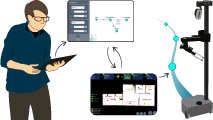
POLARIS
HRI 2024
Robot end-user programming with assistance from AI planning.
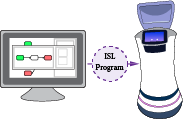
INTERACTION SPECIFICATION LANGUAGE
UR-RAD 2023
RO-MAN 2023
AAAI Spring Symposium 2023
Standardizing robot application development via a common, intermediate representation.
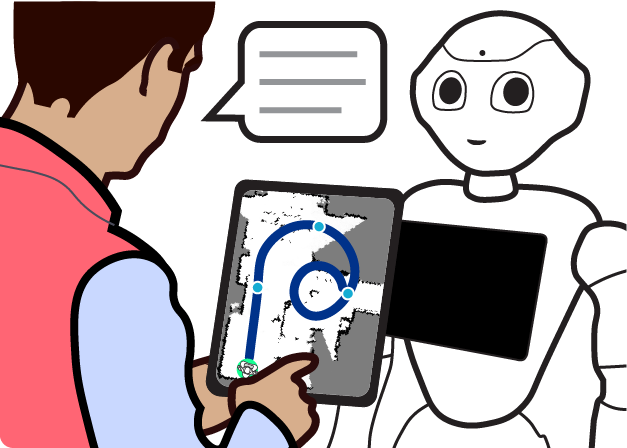
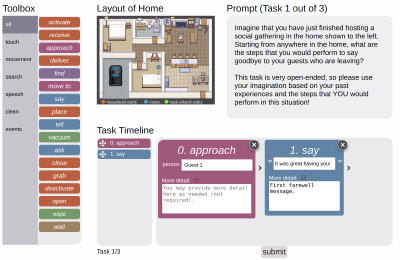
CROWDSOURCING TASK TRACES
HRI 2023 LBR
Collecting examples of step-by-step tasks through an easy-to-use crowdsourcing interface.
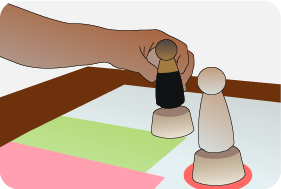
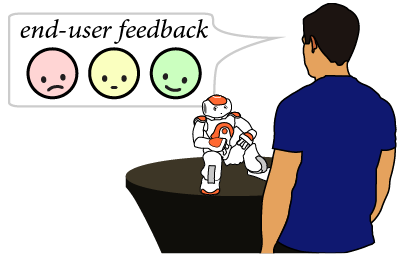
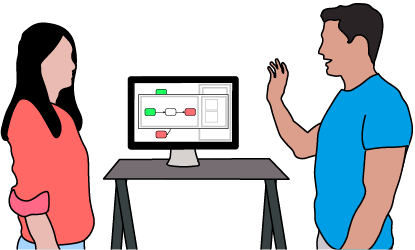
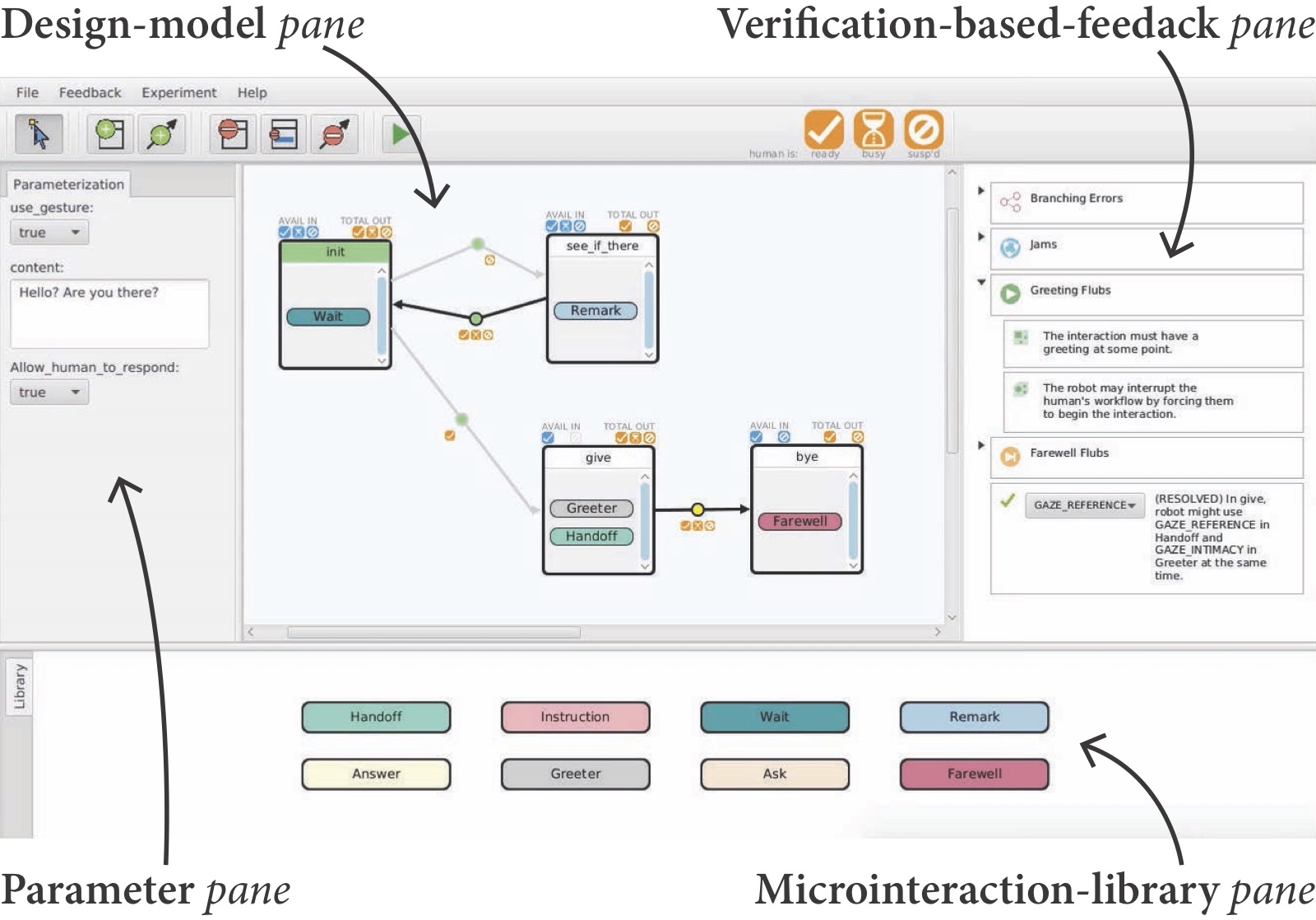
This page is modified version of minimal-jekyll (MIT licence). Link icons are from Super Tiny Icons (MIT license).